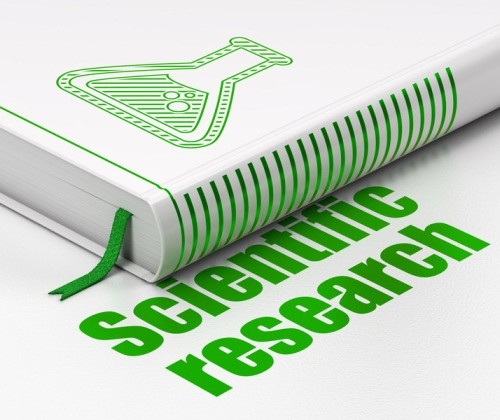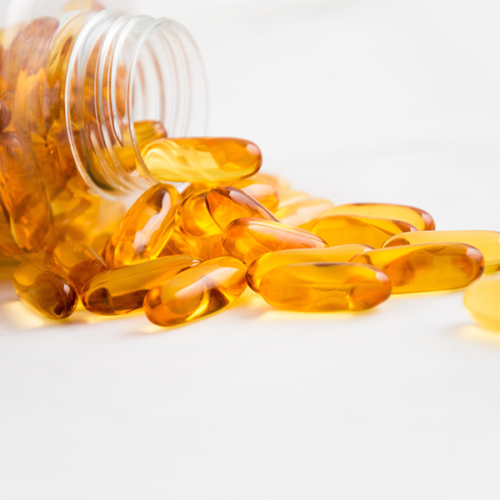
À l’aube des Jeux Olympiques 2024, il est important pour les sportifs de savoir que l’application de la norme européenne NF EN 1744 les protège en limitant les agents dopants dans les compléments alimentaires pour sportifs.

On 30 April 2024, the Food Standards Agency (FSA) and Food Standards Scotland (FSS) concluded based on the opinion of the Advisory Committee on Novel Foods and Processes (ACNFP) that novel foods, synthetic cannabidiol (CBD) and CBD isolate developed by Chanelle McCoy Ltd and Cannaray Ltd respectively were safe under the proposed conditions of use.

The DGAL, through Synadiet, organized 2 webinars (on April 23 and 29, 2024) for manufacturers in the food supplements sector. These 2 webinars aimed to present the next steps to come in 2024 concerning the change of administration and therefore of the notification system for food supplements on the French market. During these webinars, the DGAL explicitly stated its desire to build the new tool in a scalable manner and in collaboration with the various feedback from manufacturers. Thus, the DGAL was able to announce the opening of the beta versions of the ingredients database and the new Compl’Alim notification platform, before their official launches planned for the 2024 school year (September). Until September, Téléicare remains the official platform for notifying your food supplements, but will become obsolete upon the official launch of Compl’Alim.

The use of algae biomass in foods is a growing market in Europe. On February 2024,a list of more than 20 new algae species has been added to the Novel Food catalogue. When there is the evidence of a traditional use of algae in any EU Member State before 15 May 1997, their use as foods and food supplements is not considered as novel and is not subject to a long and costly pre-market approval procedure according to the Novel Food Regulation. A list of around 50 algae species considered as not novel is now available in the EU Novel Food catalogue.

In order to be marketed on the French market, a food supplement must be subject to a prior declaration to the competent authority in accordance with Decree No. 2006-352 on food supplements. Since February 3, 2023, food supplements have been declared to the Directorate General for Food using the online declaration platform téléicare.

The ashwaghanda is a plant extract you can find in the ingredient lists of food supplements, but do you know what is it exactly? This article makes a statement of what the science says established concerning this extract: its definition and health effects on human.

The World Gastroenterology Organization (WGO) recently released an updated guideline document, aimed at helping gastroenterologists and other physicians understand the appropriate clinical applications of probiotics or prebiotics. The guideline was created with input from experts in gastroenterology, probiotics and prebiotics, with efforts co-led by experts from the International Scientific Association for Probiotics and Prebiotics (ISAPP). To create these guidelines, experts comprehensively evaluated the evidence from randomized, controlled trials for gastrointestinal conditions, including which specific prebiotic strain or substance showed a positive effect. The guidelines present a list of conditions for which there is positive evidence for the effectiveness of probiotics and/or prebiotics.

WHO/Europe is calling upon consumers to become a part of a project aimed at creating a healthier society. Indeed, consumers can participate to the test of an artificial intelligence (AI) tool that will help countries across the WHO European Region to effectively monitor and regulate the promotion of harmful products from tobacco and alcohol to foods high in salt, trans fats and sugars – and to monitor the marketing of breastmilk substitutes and foods for infants and young children.

Starting from 2023, some food law aspects previously managed by the DGCCRF are transferred to the DGAL. What are the practical consequences for food supplements?

The cannabidiol, CBD, an active substance most often of natural origin, is one of the phyto-cannabinoids. CBD, as the tétrahydrocannabinol (THC ), is present in the cannabis flowers and leaves. It is a non-addictive psychotropic drug, unlike THC. It is also a component in the form of an extract, medicine, or everyday consumer products, only some of which are authorised in France under specific conditions of THC content. In addition, CBD is considered at European level as a novel food whose safety is currently being assessed by EFSA.